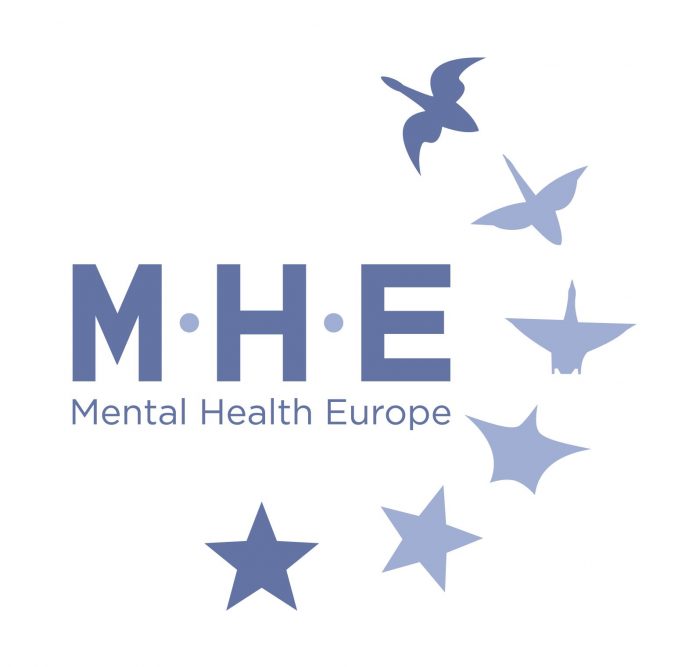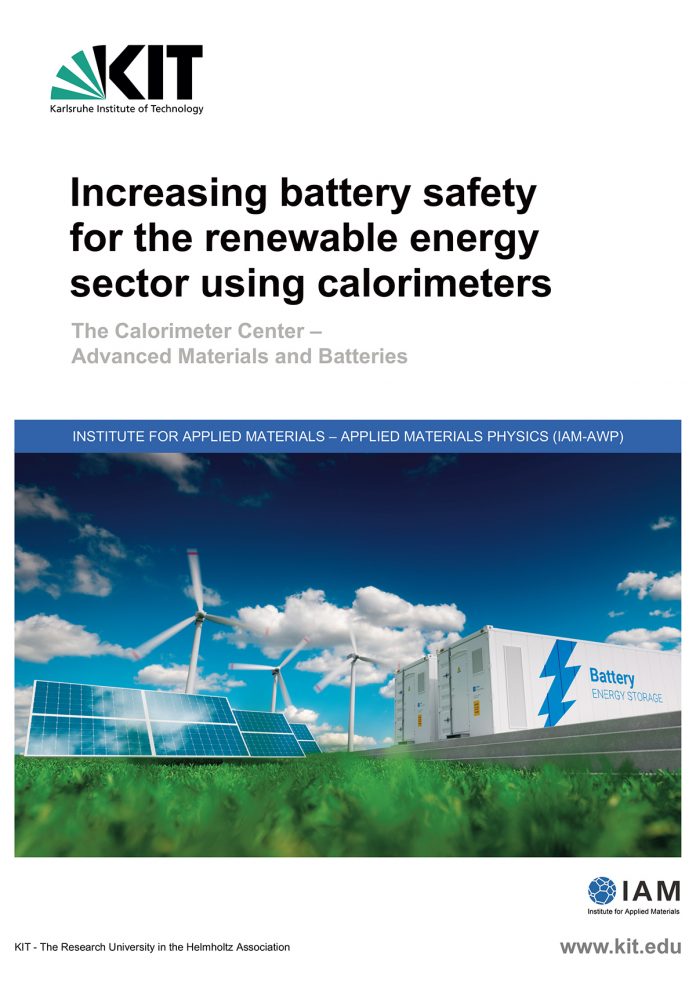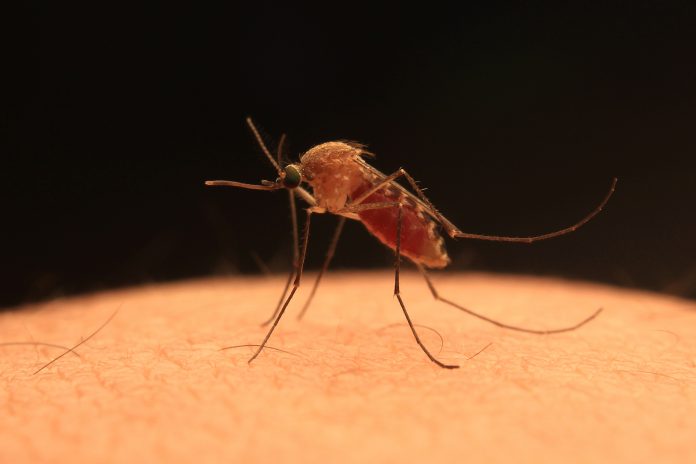Open Access Government produces compelling and informative news, publications, eBooks, and academic research articles for the public and private sector looking at health, diseases & conditions, workplace, research & innovation, digital transformation, government policy, environment, agriculture, energy, transport and more.
Home Search
AI - search results
If you're not happy with the results, please do another search
NHS backlog to be resolved by 2025 in “most optimistic scenario”
A Health Committee report finds that in the "most optimistic scenario" of increased treatment over the next three years, the NHS backlog could come down to pre-pandemic levels in 2025.
Climate change disproportionately impacts Indigenous communities
Research by the University of Waterloo reveals that Indigenous communities are at higher risk from climate change flooding, due to pre-existing socioeconomic vulnerability.
How do we define green infrastructure?
An exploration of ‘green infrastructure’ plans across 20 US cities found several inconsistent and limited definitions - so researchers created a new one.
Scientists create “breakthrough” technology to separate plastic types
Differentiating between numerous plastic types and separating them according to their chemical composition could increase the rate of plastic recycling enormously.
Why do businesses still not use reusable packaging?
Researchers suggest a digital track and trace system to encourage businesses to adopt reusable packaging and reduce waste, suggesting reasons why they may not have adopted them already.
Mental Health Europe
Open Access Government (January 2022)
"The article looks great, thanks very much for giving us the opportunity to contribute.
"Happy to see this topic receive visibility amongst your readership.
"Looking forward to working with you again."
Jackie Mellese
Communications Manager
Mental Health Europe
www.mhe-sme.org
Increasing the battery safety for the renewable energy sector using calorimeters
Here, Dr Carlos Ziebert, head of IAM-AWP’s Calorimeter Center, KIT, explains how the safety of battery storage for renewables can be increased by battery calorimetry.
Tracking mosquito species with large-scale acoustic data
To tackle diseases like malaria, yellow fever and dengue, researchers have been studying the distribution, diversity, and abundance of mosquitos.
How do the sun and moon affect the behaviour of wildlife?
A study has shown that the gravitational action of the sun and the moon influences the behaviour of animals and plants, analysing seed germination in cycles regulated by tides.
Study shows fourth booster dose increases antibodies fivefold
In Israel, healthcare professionals and those over 60 are now being encouraged to take the fourth booster dose - which appears to significantly increase waning third dose antibodies.
UK appoints Women’s Health Ambassador to tackle gender health gap
The government are appointing a Women’s Health Ambassador to demonstrate stronger support for women’s health, as well as focusing on ending violence against women.
FDA approves new long-lasting drug for HIV prevention
December saw monumental steps being taken in HIV prevention with the FDA approving their first approval of long-acting HIV prevention medication.
Scientists to identify depression and antidepressant efficiency via blood tests
Researchers at the University of Chicago are believed to be one step closer in the development of blood tests to identify depression.
How meditation can alter behaviour and focus
The largest new study of its kind finds that meditation could assist people to become less prone to making mistakes.
Stephen Carroll – Marlborough Consulting
Stephen is a Partner at Marlborough Consulting.
Marlborough is an independent ‘strategy to action’ trusted advisor and delivery partner.
Our services span the full spectrum of Digital and Technology, delivered with a powerful combination of commercial and results focus, hands-on leadership and cross-sector experience, to transform business performance through People, Process,...
Study finds young COVID patients have increased oxidative stress
According to new data, even young COVID patients have increased oxidative stress - a factor connected to ageing, diabetes and HIV.
70% of physicians unaware of how to treat someone with a disability
Researchers from Mass General have found that physicians are lacking basic understanding on how to care and treat people with disabilities.
Shark antibody-like proteins could neutralise COVID-19 viruses
Antibody-like proteins from the immune systems of sharks could help to prepare for future coronaviruses, according to new research.
Why is political polarisation increasing in democratic countries?
A new study demonstrates that political divides have become deeper now than at any other point in the last 50 years.
Scientists examine the impact of deforestation on tropical governments
Panama and other governments of tropical countries set out to understand how to inhibit deforestation and deliver reforestation tactics following the COP26 conference.





















